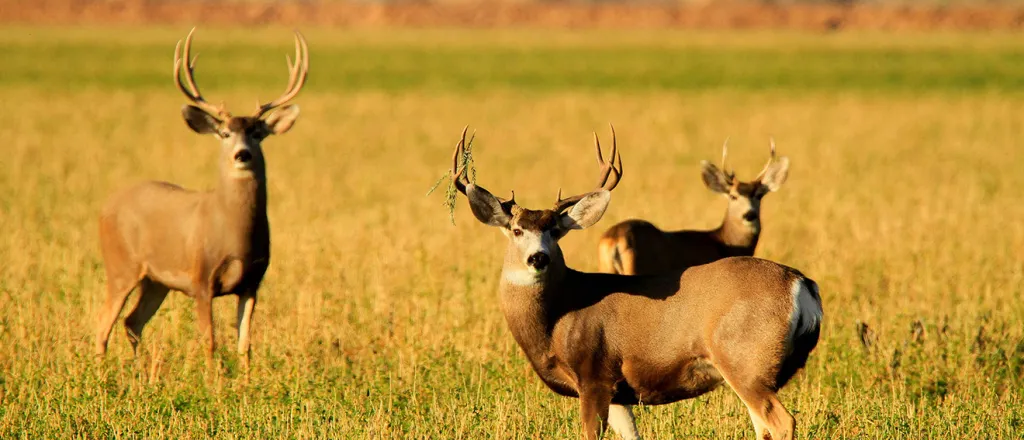
Report: Nevada emerges as conservation leader among Western states
Click play to listen to this article.
Nevada scored high for its well-funded conservation programs and for the state's commitment to public land protections.
A new report by The Center for Western Priorities evaluated eight Western states within three categories - land protection and access, responsible energy development, and land use and planning for growth.
The Center's Policy Director Rachael Hamby said Nevada has done a good job of becoming an "assertive leader" as it relates to public land protection and conservation - especially with 67 percent of the state being made up of public lands, according to the Bureau of Land Management.

She added that Nevada was also the first state Legislature to endorse the global 30X30 Initiative, which is a plan to conserve 30 percent of nature by 2030 - to avoid what Hamby called a "biodiversity crisis."
"They've made progress towards that goal too, opening a couple new state parks," said Hamby, "and again this is a state doesn't always have as much of a surface area to work with - and this shows that is OK. You can be a conservation leader with your state-level policies in place for the lands that you do manage on behalf of Nevadans."
Hamby said the Silver State has also taken action to protect wildlife, including what she calls a "strong habitat framework" that is a direct result of an executive order signed in 2021 by former Governor Steve Sisolak.
Nevada also passed a bill in 2021 that requires developers to consult with the Department of Wildlife on their subdivision plans and assess how projects will impact wildlife connectivity.
Nevada didn't have a legislative session in 2024, but it will have one in 2025.
Hamby said despite Nevada being in a good spot, there are still areas for improvement, such as responsible energy development.
Despite Nevada not being a major oil-producing or natural-gas producing state, it currently has no statewide setback requirements for oil and gas wells or any laws or rules on the books to reduce methane emissions.
Hamby said each state can celebrate its wins, but must also get to work where they're lagging.
"So hopefully the scorecard can help with identifying some area for growth in each state," said Hamby, "as policymakers are looking for ideas of what they might be able to do to advance conservation goals."
Hamby added that the positive economic implications of a transition to a clean energy economy will become even more evident in years to come.
Since the passage of The Clean Energy Plan in 2022, Nevada has seen more than 20,000 new jobs across the state.
















